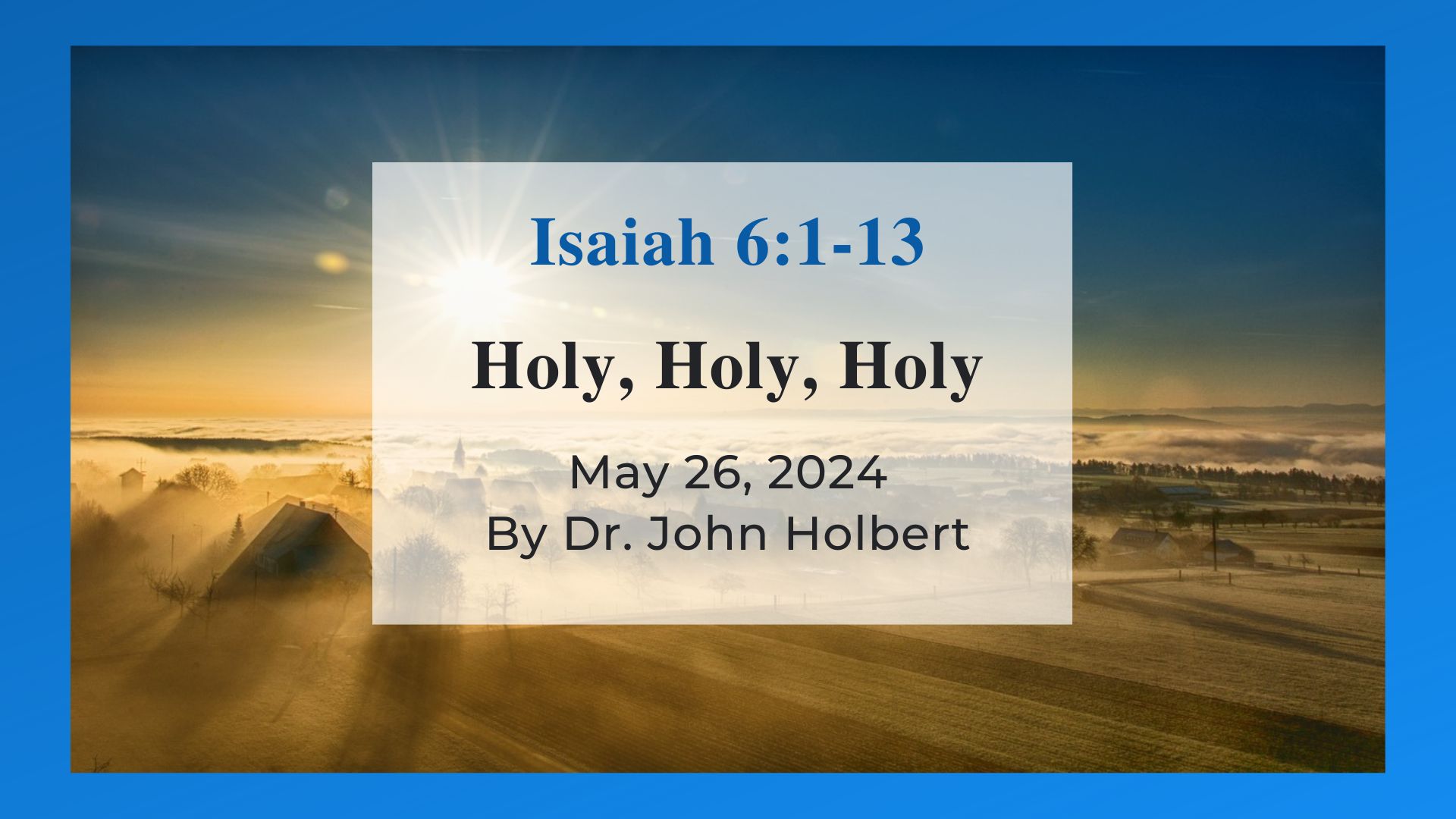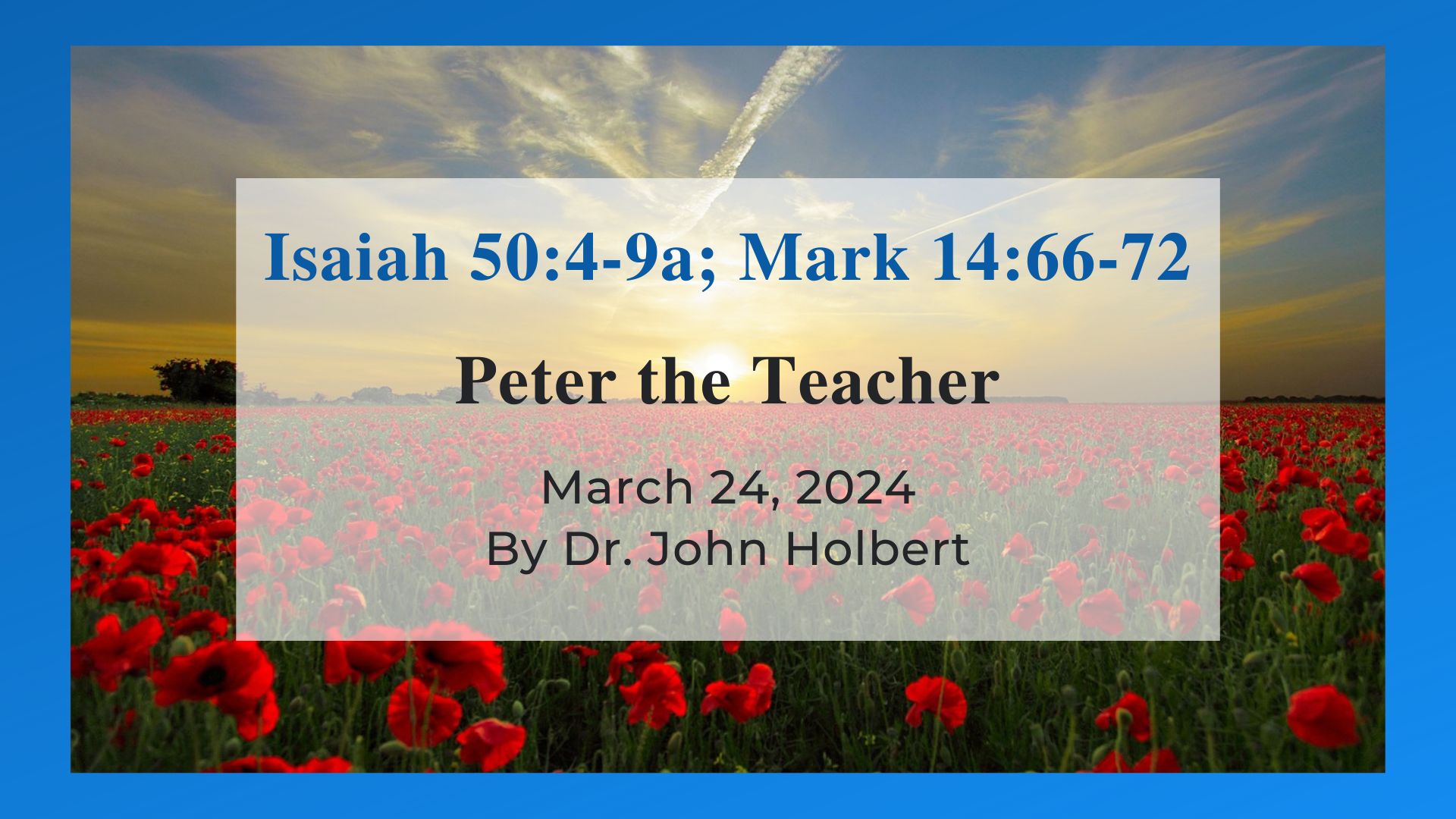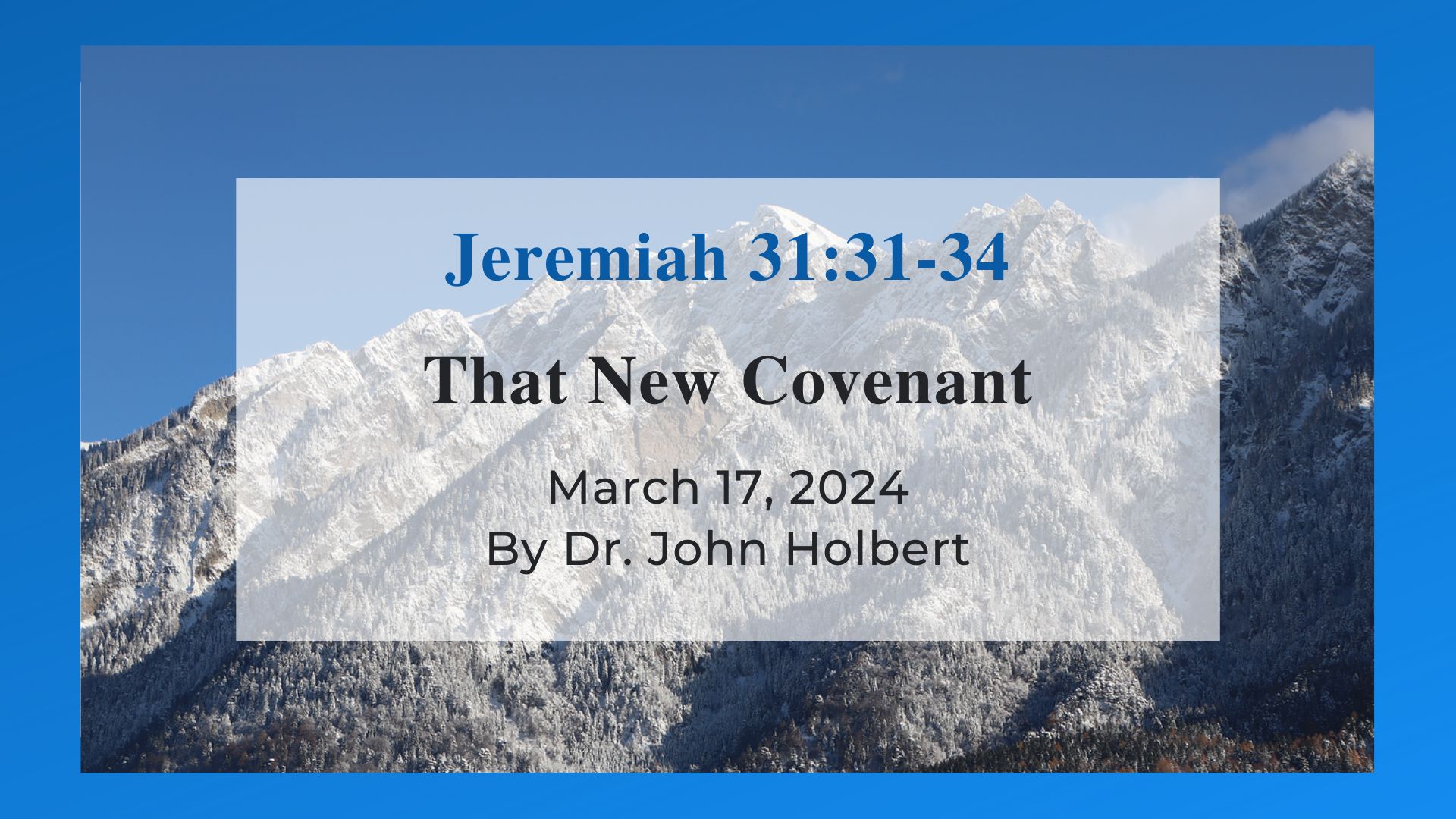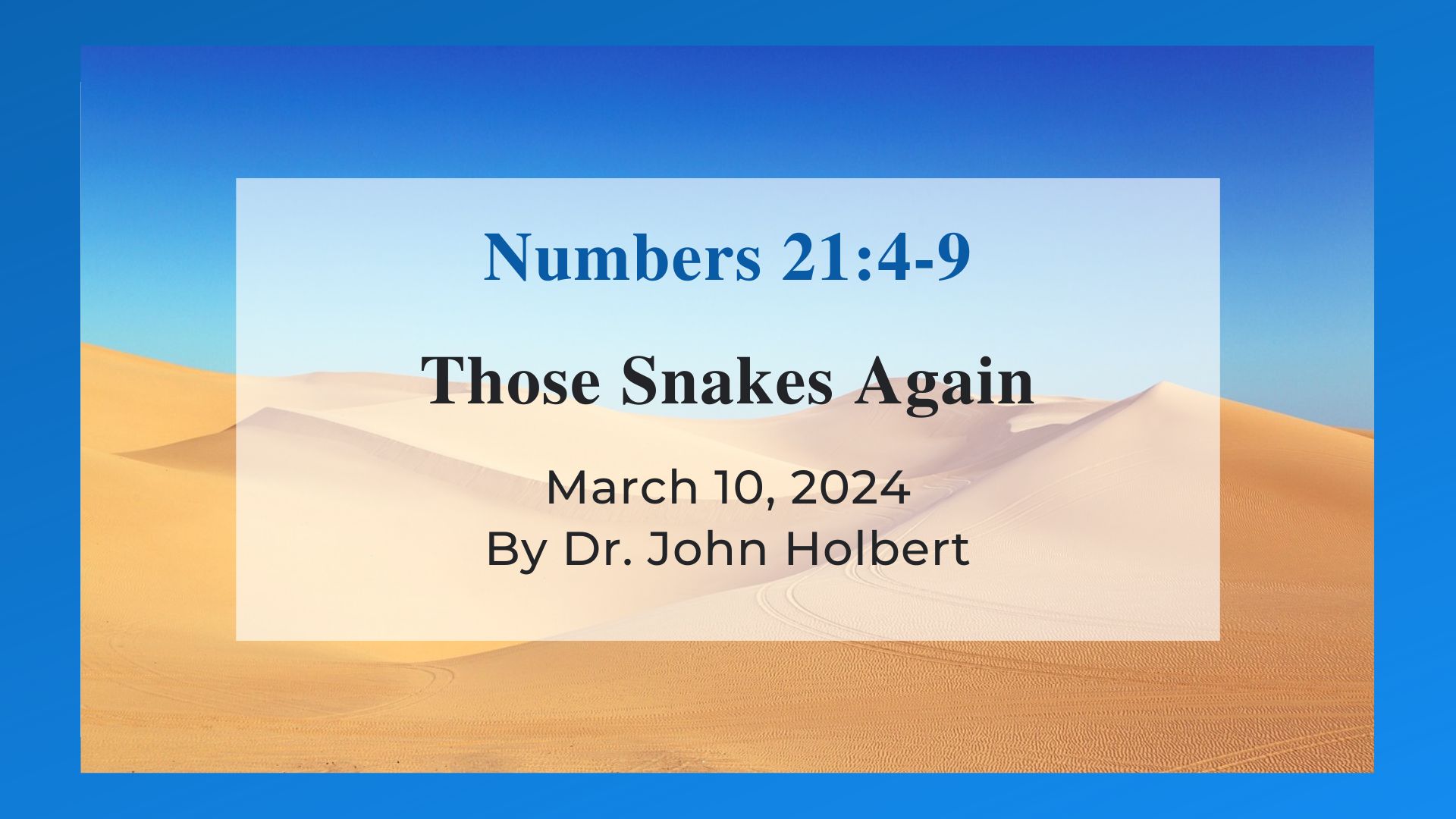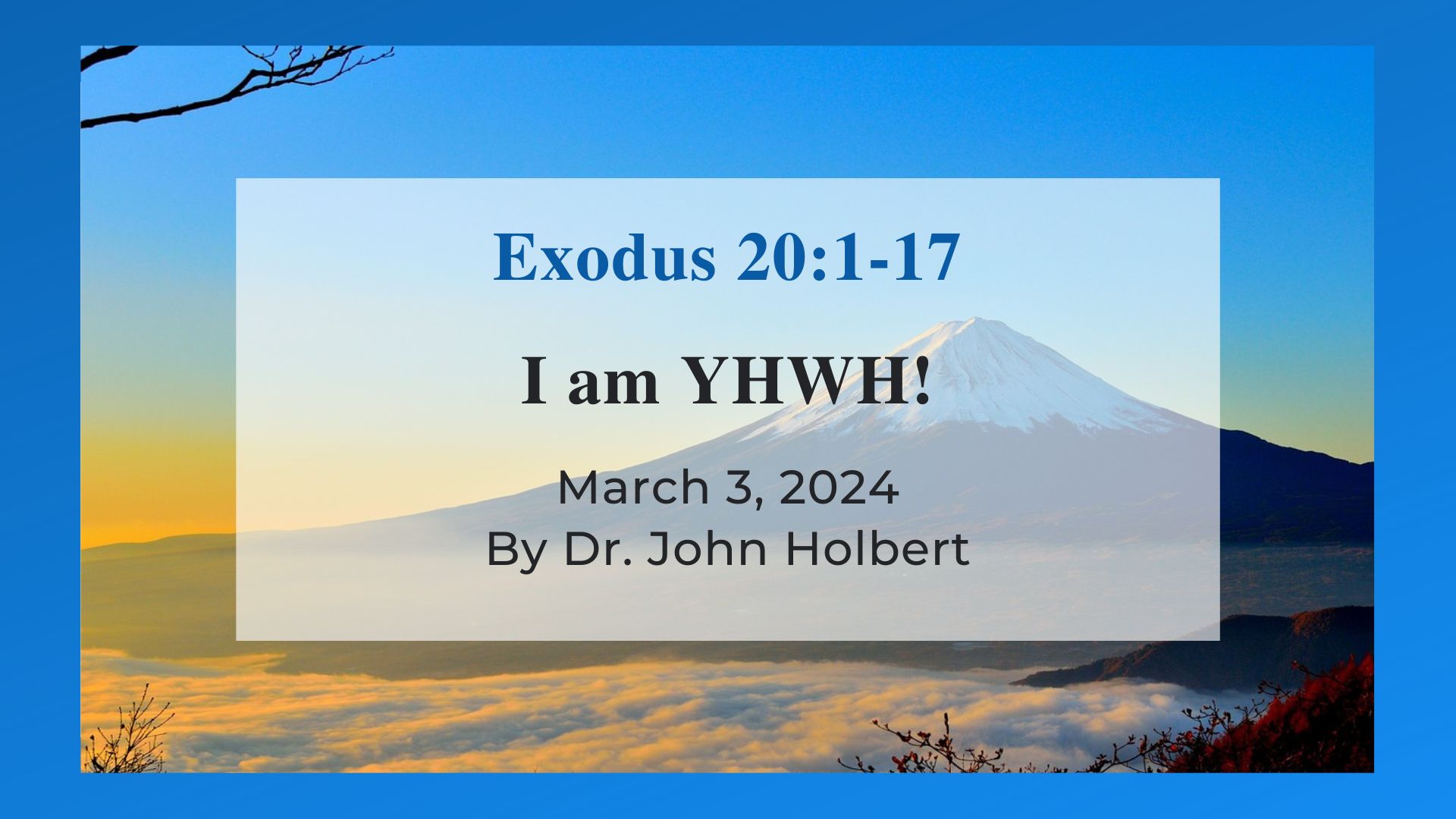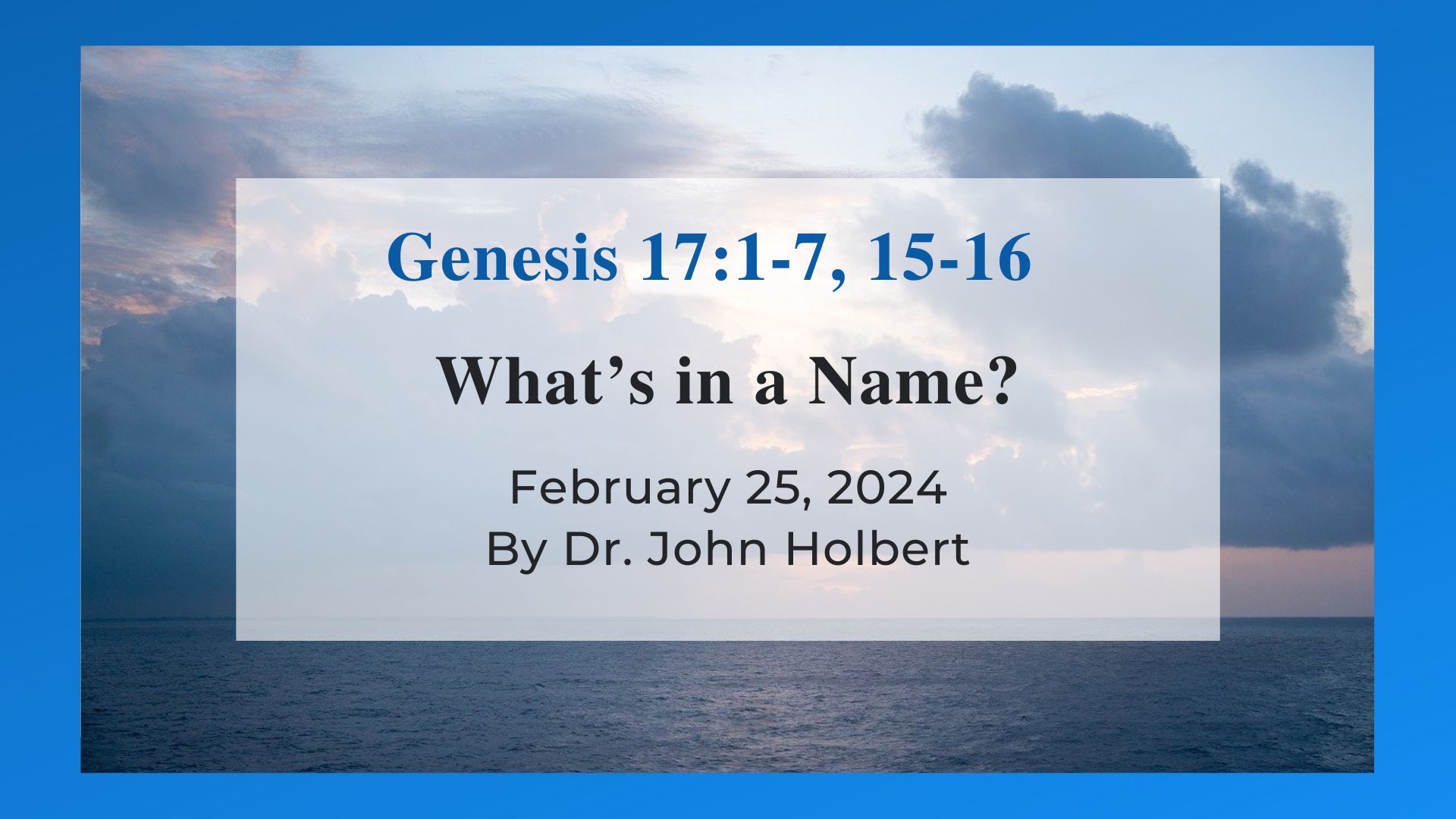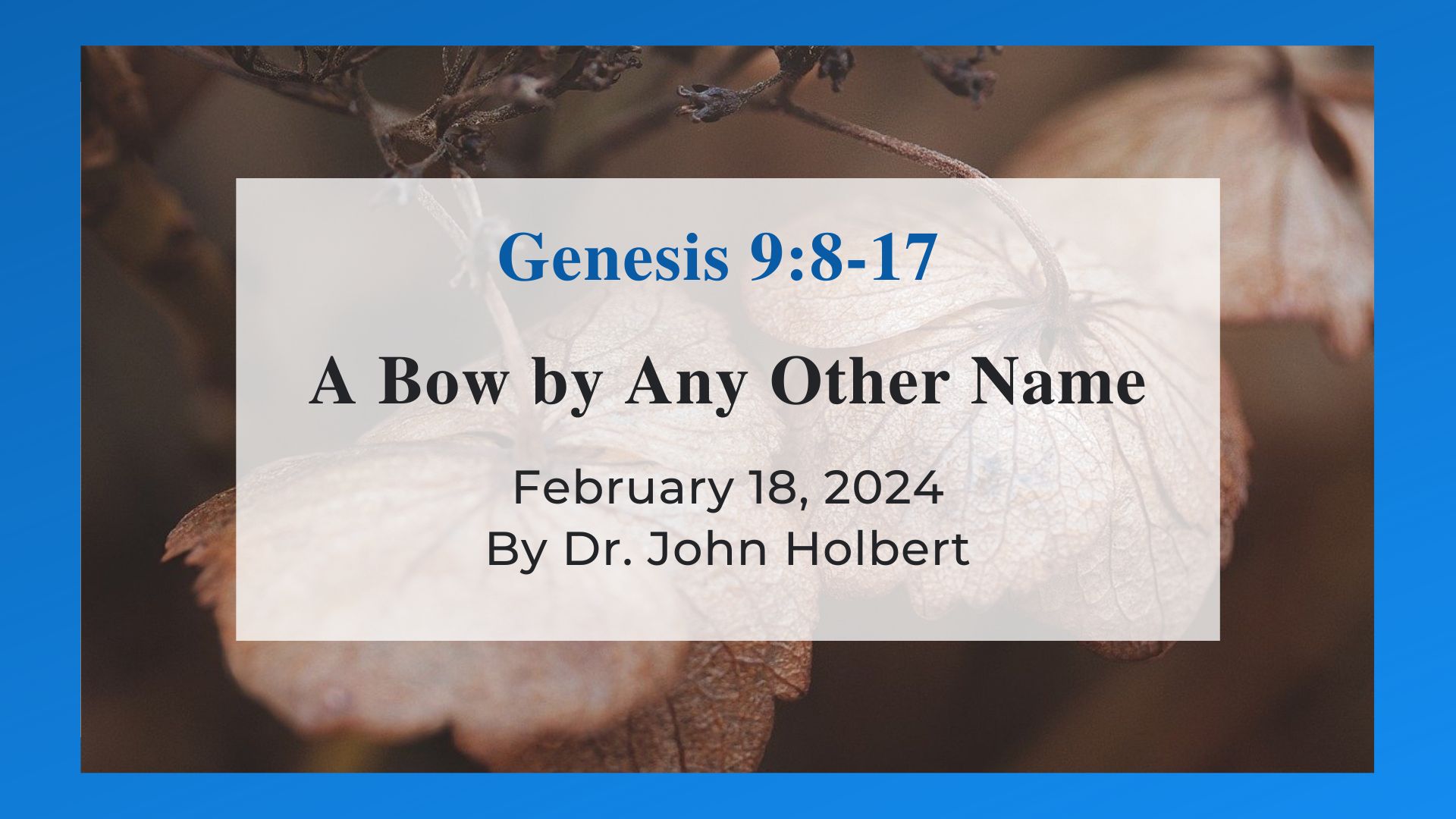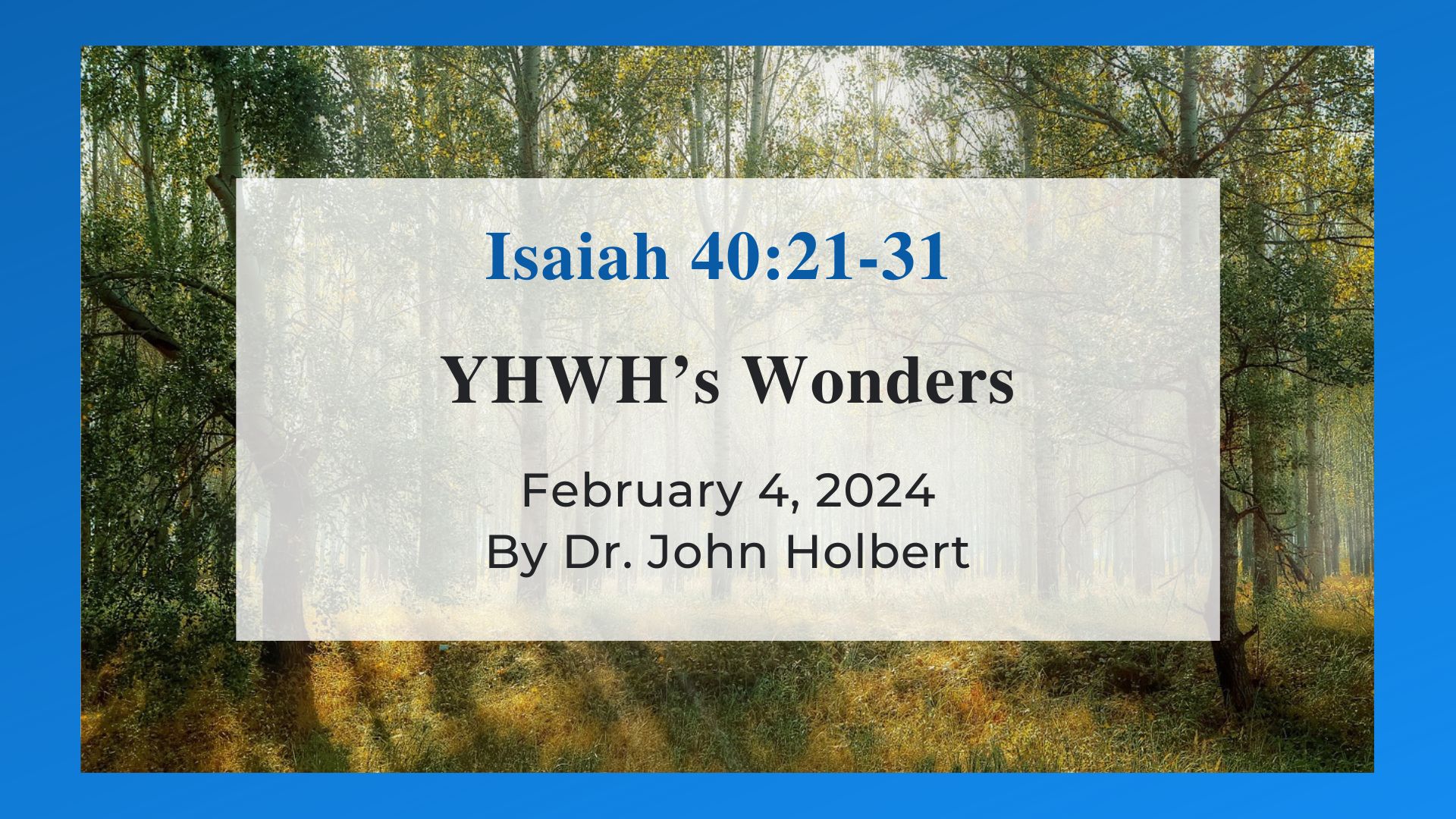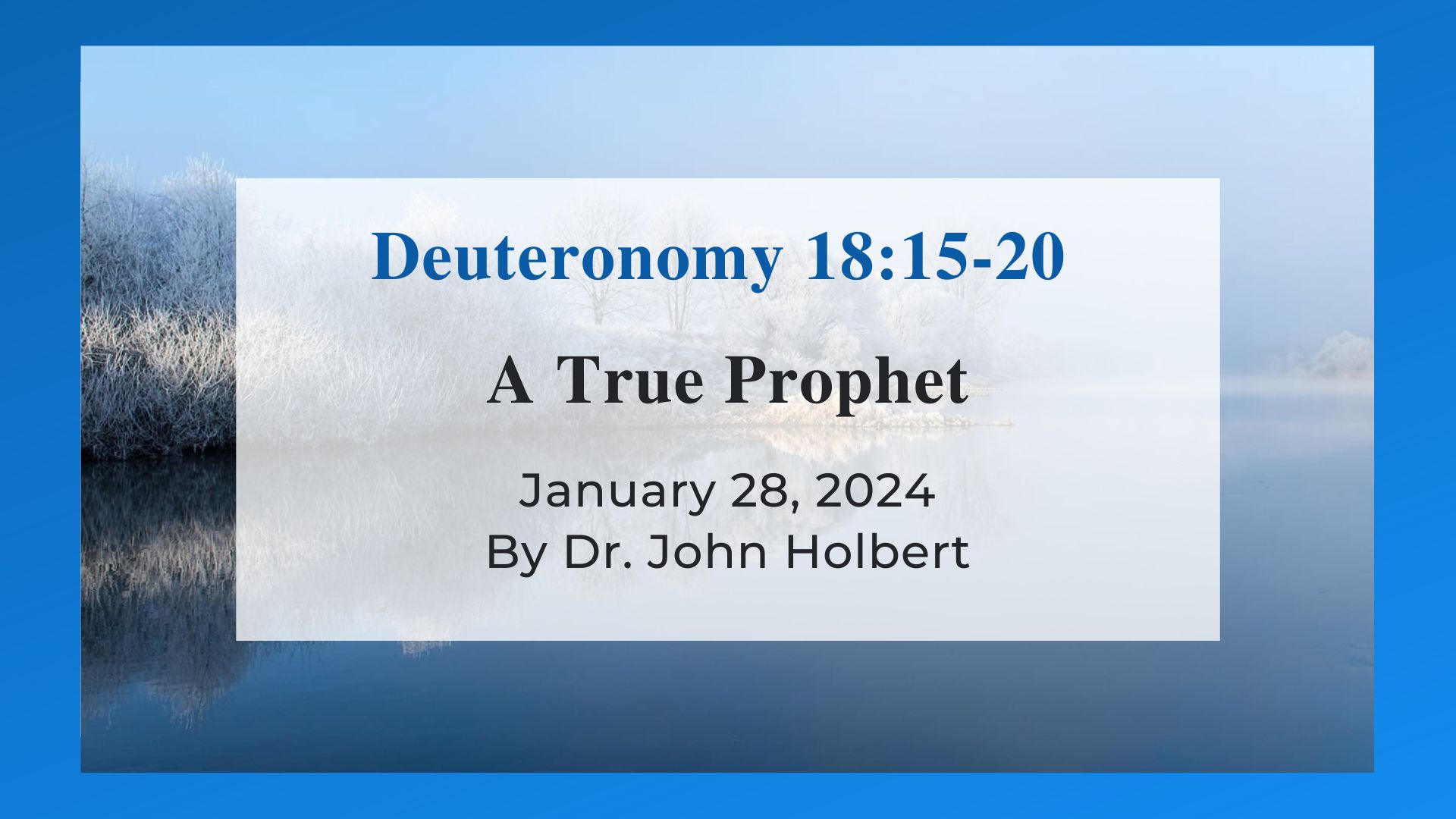Holy, Holy, Holy - Reflection on Isaiah 6:1-13
Because for Isaiah, contemplating and experiencing the awesome YHWH, as well as witnessing those terrifying seraphim flying about and screaming “holy,” the encounter with YHWH is no intellectual event, but an event that alters his understanding of his role as YHWH’s prophet, a role that appears to him to be one of enormous difficulty, not to mention one rife with scary implications.

